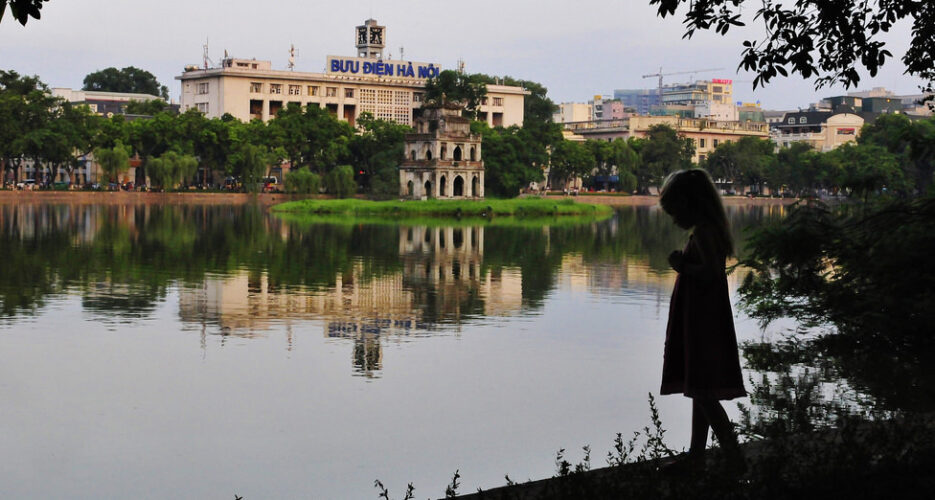About the Author
Oliver Hotham
Oliver Hotham was an NK News contributor based in Seoul, South Korea. Follow him on Twitter.

Get behind the headlines
|
Analysis As Ri Yong Ho heads to Hanoi, could North Korea and Vietnam rekindle old ties?Prospects for Doi Moi with DPRK characteristics are slim, but the two still have plenty to discuss  North Korean foreign minister Ri Yong Ho has had a busy year. As Kim Jong Un sought to step out of his shell and engage in a tentative rapprochement with the country's traditional enemies, his chief diplomat has visited, among others, Russia, Iran, Azerbaijan, and Turkmenistan. And it seems that he will now round off the year with a trip to Hanoi. © Korea Risk Group. All rights reserved. |